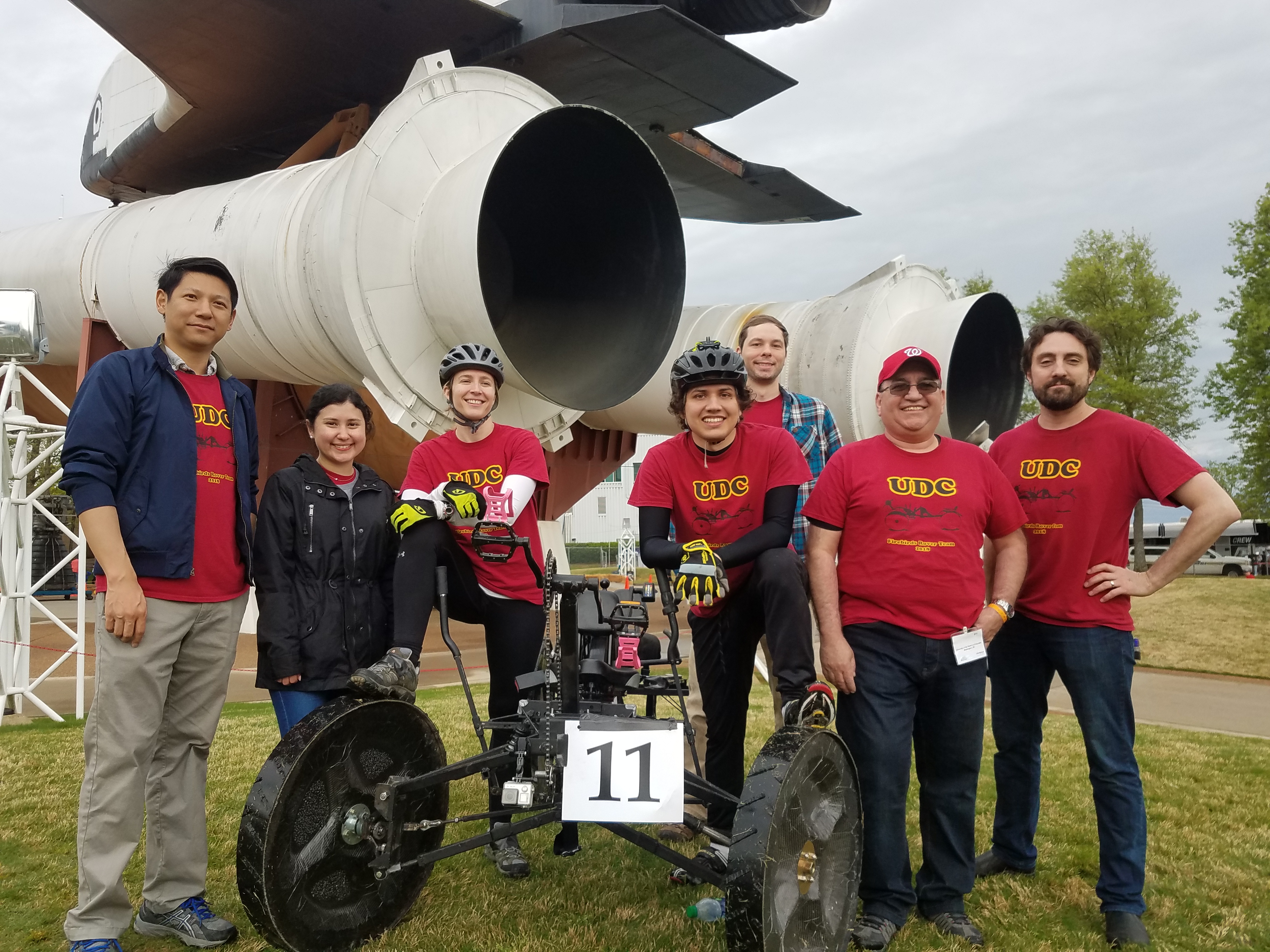$1.9M NIH NIA Grant Awarded on Advancing Aging Research and Education
The purpose of our new NIH National Institute on Aging Medical, Science, Technology, Engineering, and Mathematics, NIA MSTEM, project is to address the needs of a rapidly growing aging population by engaging, training and equipping an inclusive body of students at the University of the District of Columbia (UDC) to be able to conduct research and solve issues tied to aging.
Of significant societal relevance is our long-term goal to increase the number of underrepresented minority professionals aimed at solving problems tied to aging via research investigations (studies) and interventions (designs and devices). It is projected that the number of individuals older than 50 years of age will increase to 1.2 billion by 2025 worldwide; however, aging-related research training is nascent at the undergraduate level, and opportunities for broad participation remain limited.
The objectives of this project are to create and foster aging-related:
- research experiences (tied to falls, imaging, and data analytics)
- new and unique curricular experiences tied to freshman and senior design projects, practicum and seminars, and professional student club activities
- professional development via mentorship, dissemination and outreach for the underrepresented minority undergraduate student demographic at UDC
We aim to produce a wide-ranging cadre of professionals who are well-equipped to solve issues tied to aging. This project is distinct, yet dovetails nicely with previous and current sponsored research activities at UDC focused on undergraduate aging-related (balance) research and Biomedical Engineering education. NIH NIA MSTEM grant totals $1.9M and complements our current $1.57M projected Department of Aging and Community Living (DACL), entitled Facilitating Aging individuals’ Living and Learning preventative fall Strategies (FALLS) project and prior National Science Foundation (NSF) sponsored research work, Research Initiation Award: Investigating a new Generation of Assistive, Innovative Technologies (GAIT) for balance rehabilitation.






